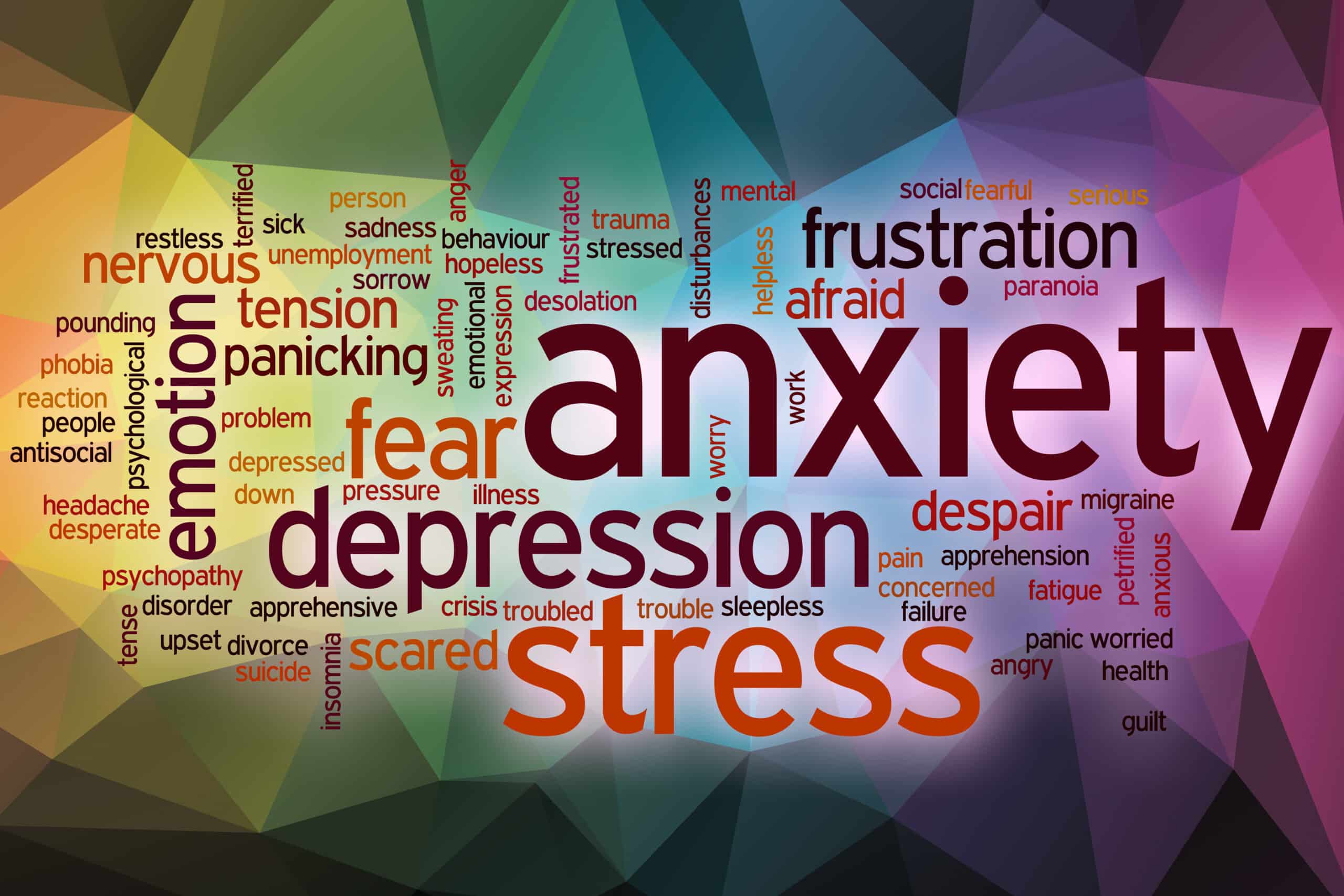An Overview: The Nature of Fear
Fear is a complex emotion that can take many forms. Some of the most common fears include fear of heights, fear of the dark, fear of snakes, and fear of public speaking. These fears are known as specific phobias, and they are often tied to traumatic events or experiences that have occurred in the past.
What are Some Types of Fear?
Other types of fear include general anxiety, panic disorder, and agoraphobia. General anxiety is characterized by persistent and excessive worry, while panic disorder is characterized by sudden and intense fear or panic attacks. Agoraphobia is the fear of being in a situation where escape may be difficult, such as a crowded shopping mall or an elevator.
The Physical and Psychological Effects of Fear
The physical effects of fear can be quite intense, and they can include an increased heart rate, sweating, trembling, and feelings of lightheadedness or nausea. These physical symptoms are part of the body’s “fight or flight” response, and they are designed to help us respond quickly to perceived threats.
How Can Fear Manifest Psychologically?
In addition to physical symptoms, fear can also have a significant impact on our mental and emotional well-being. Fear can cause feelings of anxiety and stress which can lead to a variety of psychological problems including depression, panic attacks, and post-traumatic stress disorder (PTSD).
Fear can also limit an individual’s ability to live a fulfilling life. For example, someone who is afraid of public speaking may avoid giving presentations or speaking up in meetings, which can limit their career advancement opportunities. Similarly, someone who is afraid of flying may avoid traveling, which can limit their ability to explore new places and experience new things.
The Role of the Brain in Fear
The brain plays a crucial role in the experience of fear. When we sense a potential threat, the amygdala, an almond-shaped structure in the brain, sends a signal to the hypothalamus, which activates the “fight or flight” response. This response prepares our bodies to react to the perceived threat by either fighting or fleeing.
How does the Brain Respond to Fear?
The brain also plays a role in regulating our fear response. For example, the prefrontal cortex, located at the front of the brain, helps us assess the level of threat and determines whether the fear response is appropriate. If the fear response is not appropriate, the prefrontal cortex helps us suppress it.
Overcoming Fear: How Can One be able to Manage Fear?
While fear can have a significant impact on our lives, there are ways to overcome it. Here are some strategies that can help:
- Exposure Therapy: This is a form of behavioral therapy that involves gradually exposing an individual to the source of their fear. Over time, this exposure can help reduce the fear response.
- Cognitive-Behavioral Therapy (CBT): CBT is a type of therapy that helps individuals change the way they think about their fears. By changing negative thought patterns, individuals can learn to manage their fears more effectively.
- Mindfulness: Mindfulness is a form of meditation that involves focusing on the present moment and paying attention to physical sensations, thoughts, and emotions. This practice can help reduce feelings of anxiety and stress, and it can also help individuals better manage their emotions.
- Be in Health: Being in good physical and mental health can also help individuals overcome fear. Taking care of our bodies through healthy eating habits, regular exercise, and sufficient sleep can help us feel more confident and resilient in the face of fear.
Final Thoughts: Fear is Normal and Overcoming it is Possible
Fear is a basic human emotion that is designed to protect us from danger and harm. While fear can be helpful in certain situations, it can also have negative effects on our lives. To overcome fear, it is important to understand the physical and psychological effects it can have and to take steps to manage it effectively.




